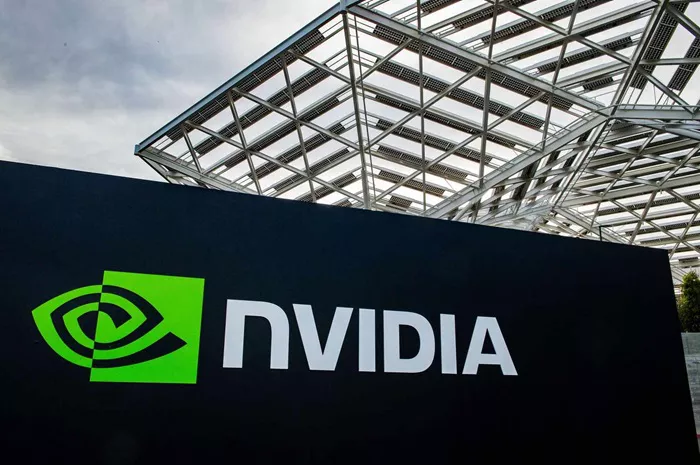Nvidia’s stock experienced a decline of up to 5% on Thursday following the company’s strong second-quarter earnings report, which revealed that investor expectations may have been overly ambitious. Despite reporting revenue guidance for the third quarter at $32.5 billion—surpassing the average analyst estimate of $31.9 billion but falling short of some higher projections near $38 billion—analysts view this dip as a buying opportunity.
Analysts Highlight Long-Term Potential
Despite the recent stock price drop, analysts believe Nvidia remains well-positioned for future growth. The company’s potential to deliver hundreds of billions of dollars’ worth of AI-enabled graphics processing units over the coming years reinforces its long-term value. Here’s a summary of Wall Street’s response to Nvidia’s earnings results:
Bank of America: Maintain Buy Rating Amid Short-Term Fluctuations
Vivek Arya, an analyst at Bank of America, has maintained his “buy” rating on Nvidia, citing it as a “top sector pick” and increasing his price target to $165 from $150, reflecting a potential upside of 36%. Arya acknowledged that a slight delay in the rollout of Nvidia’s next-generation Blackwell chip might lead to a “good not great” third quarter. However, he emphasized the company’s strong growth prospects and its dominant position in the generative AI sector.
Arya stated, “We continue to believe in NVDA’s unique growth opportunity, execution, and dominant 80%+ share as generative AI deployments are still in their first 1 – 1.5 years of what is at least a 3 – 4 year upfront investment cycle.” He also noted that next-generation AI models will require significantly more computing power, which should sustain demand for Nvidia’s chips even with future releases, such as the anticipated Rubin GPU in 2026.
Arya highlighted Nvidia’s “compelling valuation” at a 30-times to 35-times price-to-earnings ratio based on 2025 estimates, with expected earnings per share growth of 40%.
JPMorgan: Blackwell Chip Delay Not Expected to Impact 2025 Revenue
JPMorgan analyst Harlan Sur downplayed the significance of the anticipated two-month delay in the Blackwell chip rollout, asserting that it would not adversely affect Nvidia’s revenue projections for 2024 and 2025. Sur noted, “Demand for Blackwell is very strong and will outstrip supply at least through the middle of CY25, in our view.”
Conclusion
Despite the recent stock price drop, Nvidia’s strong earnings report and future growth potential continue to attract positive sentiment from Wall Street analysts. The company’s long-term prospects in the AI sector and its dominant market position suggest that the current stock decline may present a favorable buying opportunity for investors.
Related Topics:
-
Intel Navigates Challenging Times With Strategic Review And Investment Banking Support
-
Asian Stocks Approach Fourth Month Of Gains Amid US Economic Optimism And Interest Rate Speculation
-
Retail Sector Update: Abercrombie & Fitch And Others Report Earnings
-
Salesforce Reports Strong Q2 Earnings, But Guidance Falls Short

